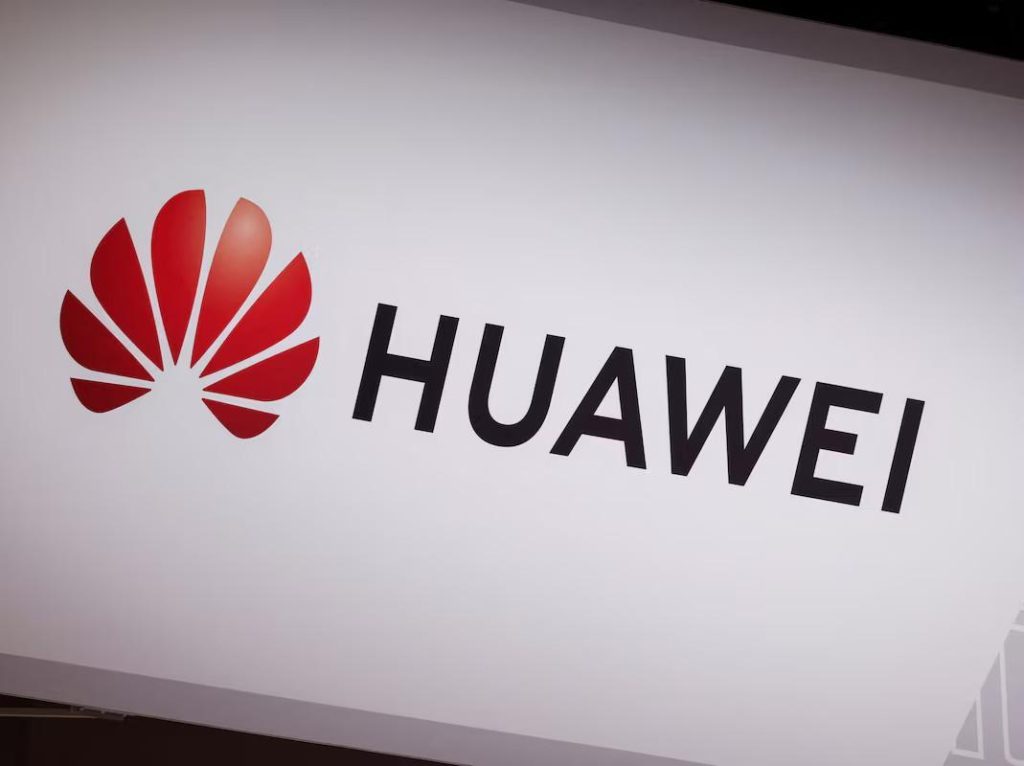
China’s Huawei Must Face Criminal Case for Racketeering: US Judge
In a significant development, a US judge has ruled that China’s Huawei Technologies must face criminal charges for allegedly stealing technology and engaging in racketeering, wire and bank fraud, and other crimes. The firm is also accused of misleading banks about its work in Iran. This decision is a major setback for Huawei, which has been a dominant player in the global telecommunications industry.
The charges against Huawei were filed in 2019 by the US Department of Justice, alleging that the company stole trade secrets and intellectual property from several US companies, including T-Mobile US and Cisco Systems. The indictment also accused Huawei of engaging in a racketeering scheme to evade US sanctions on Iran, as well as wire and bank fraud. The company was also accused of misleading banks about its work in Iran, which is subject to US sanctions.
Huawei has pleaded not guilty to all 16 counts, and has sought to dismiss 13 of them. However, US District Judge Ricardo Urbina ruled that the company must face the criminal charges, stating that the evidence presented by the prosecution is sufficient to support the allegations.
The charges against Huawei are severe, and if convicted, the company could face significant fines and even criminal penalties. The indictment alleges that Huawei stole trade secrets and intellectual property from its competitors, including the source code for a robotic testing device used to test the quality of electronic components. The company is also accused of using these stolen trade secrets to develop its own products and to gain a competitive advantage in the market.
Huawei has denied all of the allegations, and has maintained that it is a victim of political persecution by the US government. The company has also claimed that the charges against it are part of a broader effort by the US to restrict the growth of Chinese technology companies and to undermine China’s economic and technological development.
The case against Huawei is not the first time that the company has faced legal action in the US. In 2018, the US Department of Justice accused Huawei of violating US sanctions on Iran by selling equipment to the country’s telecommunications company, Telecommunication Company of Iran (TCI). The company was also accused of attempting to conceal its dealings with TCI by using shell companies and other tactics to disguise its involvement.
Huawei has also faced scrutiny from other countries over its alleged involvement in human rights abuses in China. The company has been accused of using its technology to spy on and surveil minority groups, including the Uighur Muslim community, and of working with the Chinese government to suppress dissent and opposition.
The US government has also accused Huawei of posing a national security risk, citing concerns that the company’s equipment could be used by the Chinese government to spy on and disrupt US communications. The US has banned the use of Huawei equipment in its 5G network, and has urged other countries to do the same.
The case against Huawei is likely to have significant implications for the company and for the global telecommunications industry. If convicted, Huawei could face significant fines and even criminal penalties, which could potentially cripple the company’s ability to operate. The case could also have significant implications for the global economy, as Huawei is a major player in the global telecommunications industry.
In conclusion, the ruling by US District Judge Ricardo Urbina that Huawei must face criminal charges for racketeering, wire and bank fraud, and other crimes is a significant development in the case against the company. The charges against Huawei are severe, and if convicted, the company could face significant fines and even criminal penalties. The case is likely to have significant implications for the company and for the global telecommunications industry, and will be closely watched by investors, policymakers, and the public.






